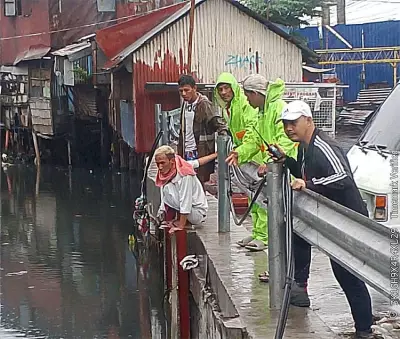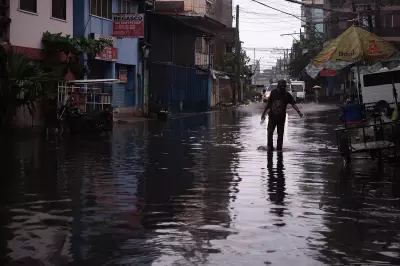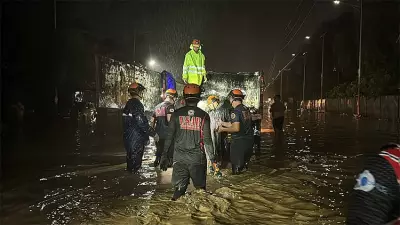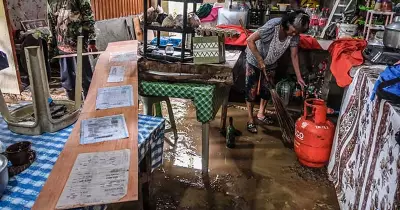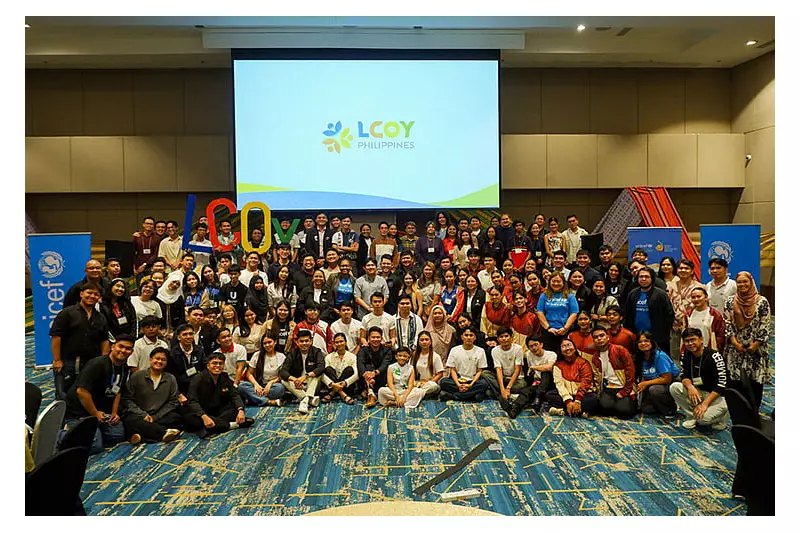
In a groundbreaking move that signals a new era for climate activism in the Philippines, the national government has officially thrown its support behind youth-led recommendations for the upcoming COP30 climate summit. This historic endorsement, backed by UNICEF Philippines, represents a significant victory for young environmental advocates across the archipelago.
Youth Voices Amplified on Global Stage
The collaborative effort between government agencies and young climate leaders has produced a comprehensive set of policy recommendations that will now form part of the Philippines' official position at the critical United Nations climate conference in Brazil. This unprecedented partnership demonstrates the growing influence of youth voices in shaping national environmental policy.
From Local Concerns to Global Solutions
Filipino youth representatives have emphasized the urgent need for climate justice, pointing to the disproportionate impact of environmental crises on vulnerable communities throughout the Philippines. Their recommendations address key issues including climate education, sustainable energy transition, and enhanced adaptation measures for climate-vulnerable regions.
A Model for Youth Engagement
This collaboration sets a powerful precedent for how governments can meaningfully engage with young citizens on critical global issues. The Philippine approach demonstrates that when youth are given a legitimate platform, they can drive substantive policy changes that reflect the concerns of future generations.
The official backing from both national authorities and UNICEF validates the expertise and commitment of young Filipino climate advocates, whose lived experiences with typhoons, sea-level rise, and environmental degradation inform their pragmatic solutions.
Building Momentum for COP30
As preparations intensify for the 2025 climate summit in Belém, Brazil, the Philippines positions itself as a leader in intergenerational climate diplomacy. This partnership model offers a template for other nations seeking to incorporate youth perspectives into their climate strategies.
The success of this initiative highlights the transformative potential of collaborative governance, where young people are not merely consulted but are genuine partners in crafting solutions to the defining challenge of our time.

